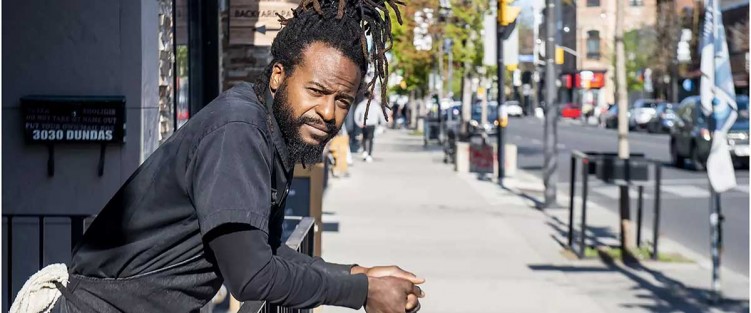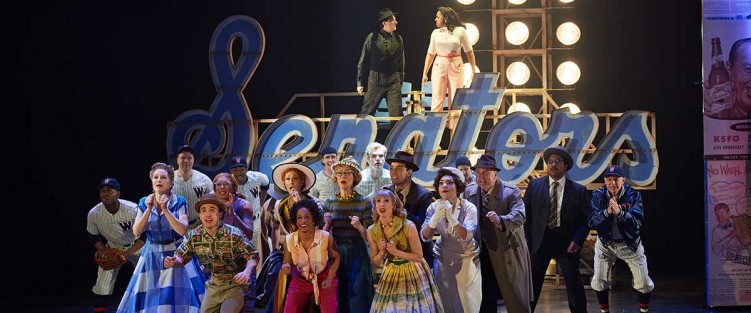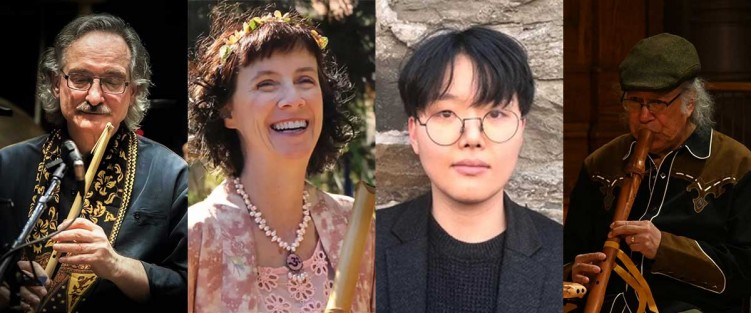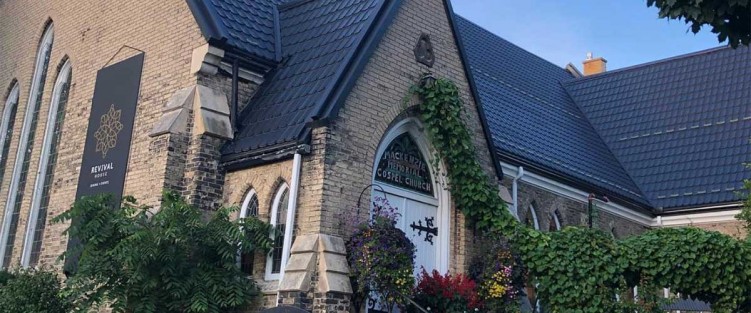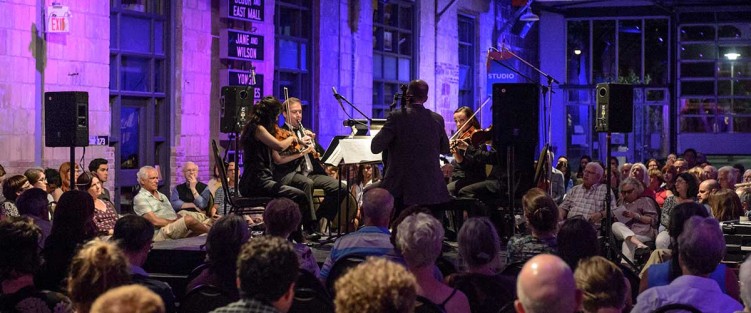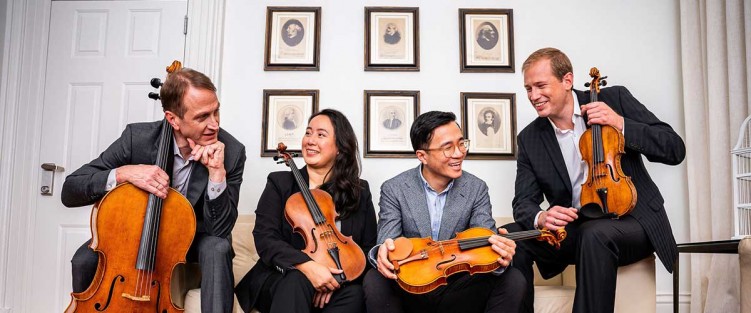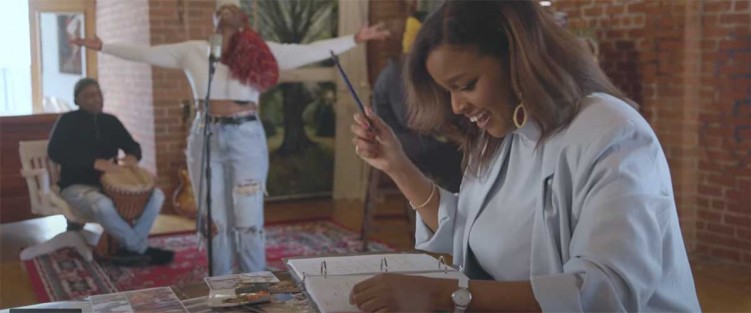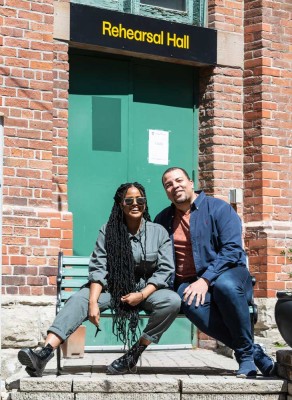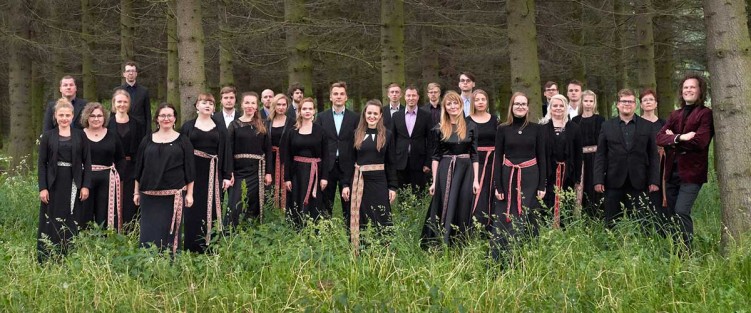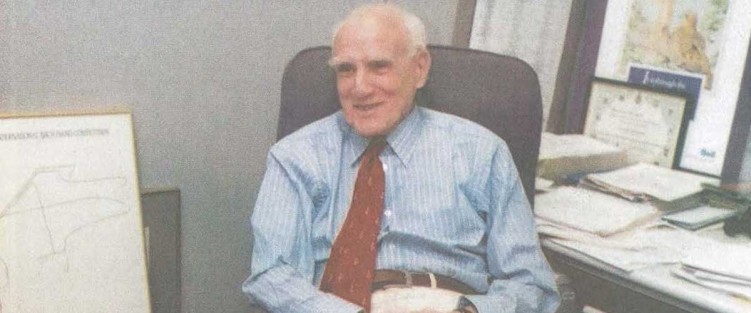And Now, Back to Live Action
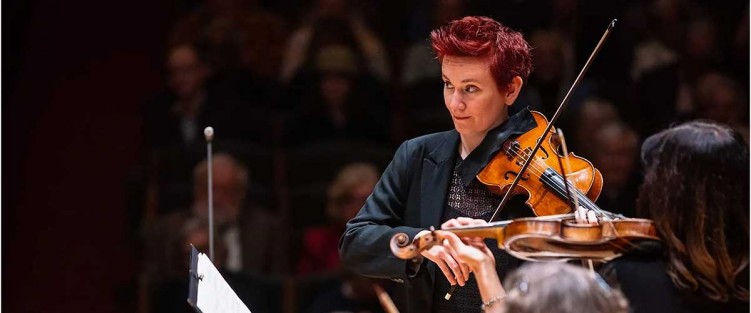 First, full disclosure of a personal bias: I prefer my early music live – up close and in person, the way it was intended at the time of its composition. Recordings of period music, even on period instruments, always leave me feeling a bit weird. So the past way-too-many months have been a real struggle for me. Now, there’s so much live performance to choose from that I hardly know where to begin. (Details of all these events mentioned here can be found in the listings, starting on page 34.)
First, full disclosure of a personal bias: I prefer my early music live – up close and in person, the way it was intended at the time of its composition. Recordings of period music, even on period instruments, always leave me feeling a bit weird. So the past way-too-many months have been a real struggle for me. Now, there’s so much live performance to choose from that I hardly know where to begin. (Details of all these events mentioned here can be found in the listings, starting on page 34.)
Up first
Sep 23 & 24: Tafelmusik Baroque Orchestra invites us to “picture a vibrant city humming with creative spirit, attracting artists who exchange diverse ideas and perspectives.” Present day New York or Toronto? No, 18th-century London. “Handel’s London” offers up Handel, Purcell and Geminiani, also lesser-known works by Kusser and Hellendaa, and a Purcell-inspired piece by one of Tafelmusik’s own, the late Allan Whear. Guest director, leading from the harpsichord, is Avi Stein, associate organist and chorus master at Trinity Wall Street,a teacher at The Juilliard School and Yale University, and artistic director of the Helicon Foundation (New York).


